In a troubling escalation of violence, two Pakistani soldiers lost their lives in an attack by unidentified assailants in the port city of Godar, located in Balochistan province. The incident occurred as a team of army personnel was dispatched to defuse a bomb, highlighting the persistent security challenges faced by the region.
Details surrounding the attack remain scarce, with authorities refraining from disclosing the identities of the deceased soldiers. Reports indicate that the assault occurred shortly after a previous Baloch attack in the same area, underscoring the volatile security situation in Godar.
According to Pakistani media sources, the army's bomb disposal team responded to reports of landmines in the Ankara Dam area and immediately commenced efforts to deactivate the explosives. However, they came under fire from unidentified miscreants, resulting in the tragic loss of two soldiers. Additionally, four soldiers sustained serious injuries in the attack and have been admitted to a nearby hospital for treatment.
Godar SSP Mohsin Zoheb confirmed the casualties and injuries, emphasizing the gravity of the situation. Security forces have launched a thorough search operation in the vicinity to apprehend the attackers, whose identities remain unknown. As of now, no militant group has claimed responsibility for the assault.
However, Baloch rebels have been previously implicated in similar attacks in the Godar region, raising concerns about the safety of military personnel and civilians in the area. The recent incident comes amid heightened tensions following a series of Baloch attacks in the region, highlighting the persistent security risks faced by Pakistan, particularly in strategically significant areas such as Godar.
Notably, Godar port holds significance as part of China's Belt and Road initiative, with significant investments made by the Xi Jinping administration in port development projects. The attack underscores the broader security challenges confronting Pakistan's efforts to enhance regional connectivity and economic development.



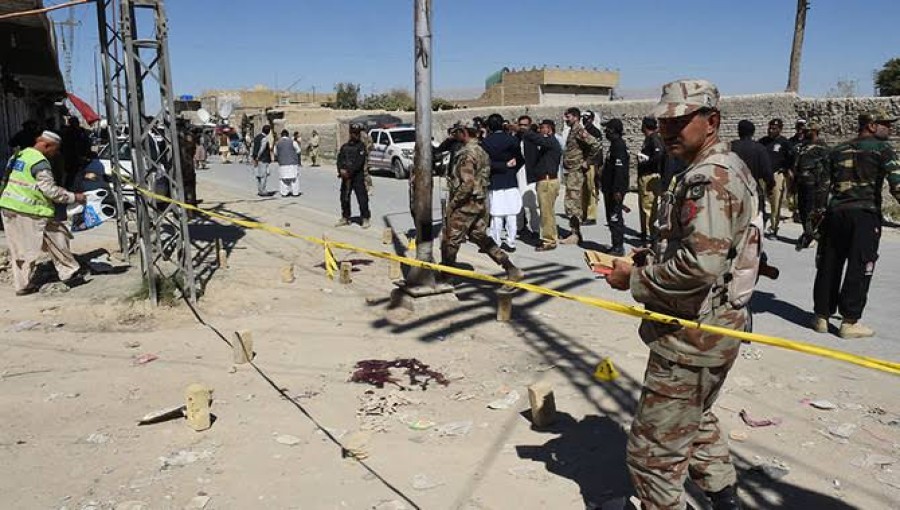
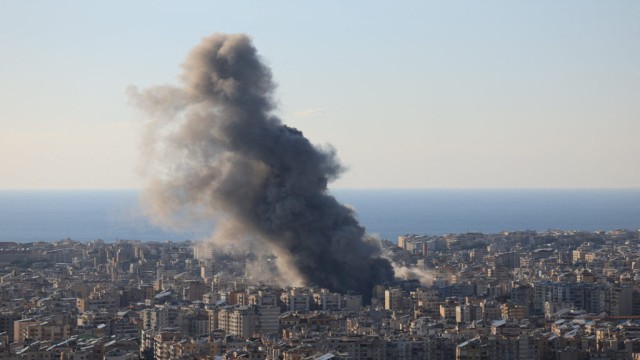


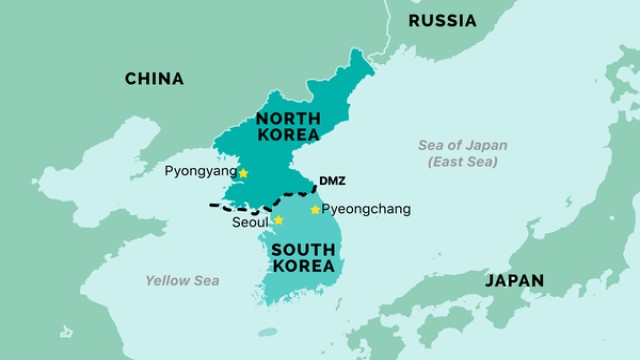
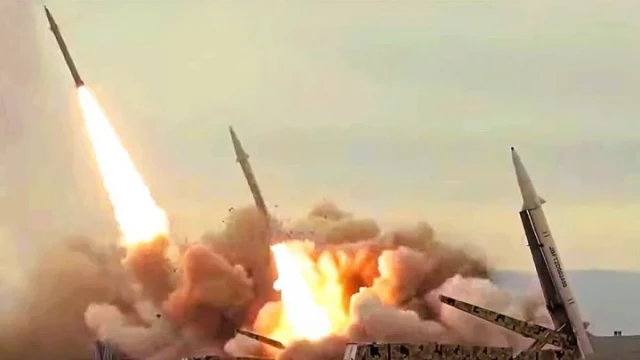


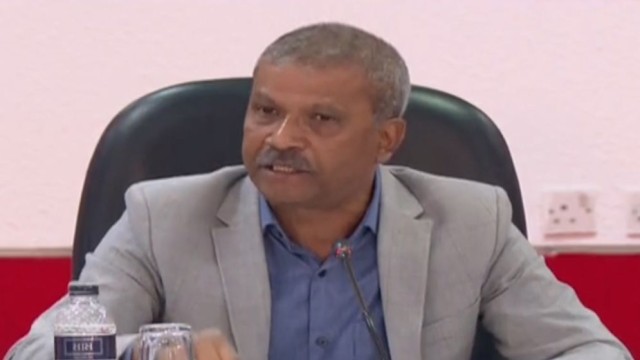















Comment: